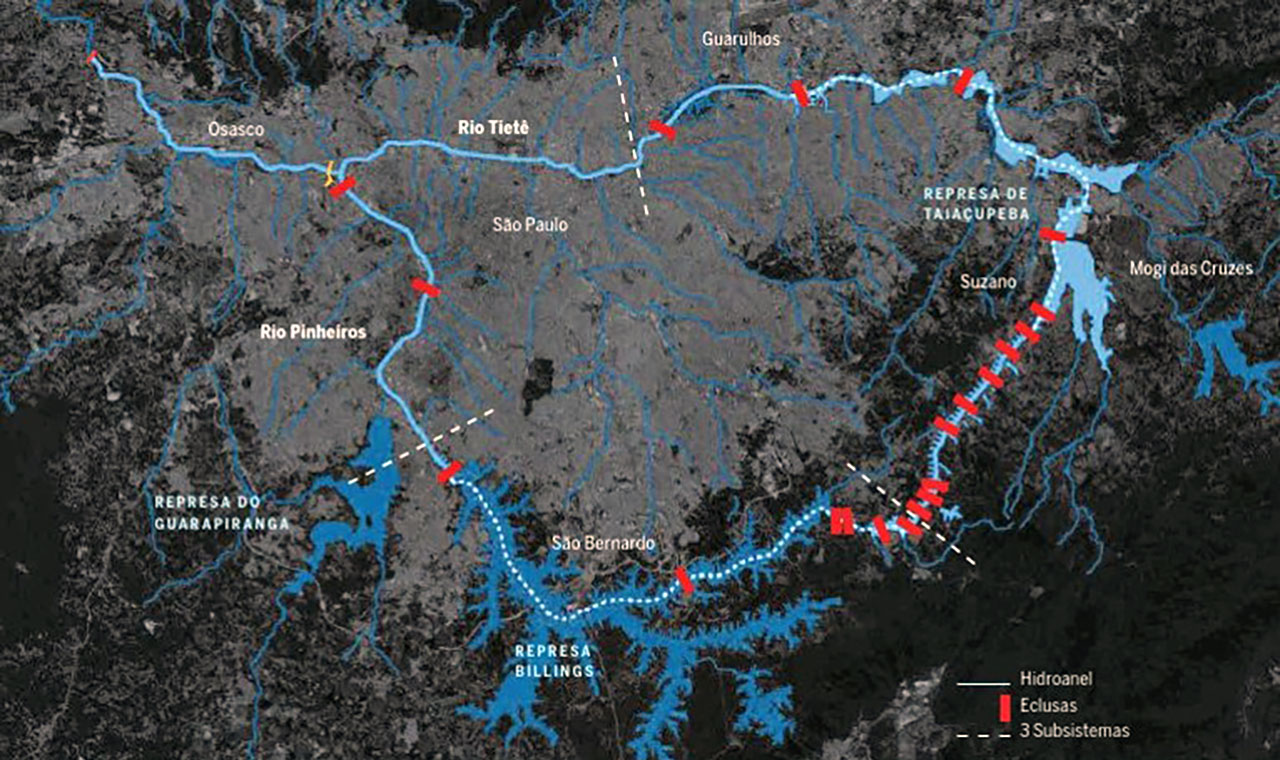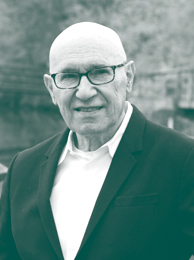The Interdisciplinary Design Studio
2017 Seed Grant
Award Period: 2017-2019
Mario Gandelsonas, the Class of 1913 Lecturer in Architecture and professor of architecture, has developed a track in urban design for the interdisciplinary course, “The Interdisciplinary Design Studio” (ARC 205), in conjunction with the University of São Paulo in Brazil. The studio course, which became permanent in Fall 2017, provides a general introduction to urban design and design-studio culture, as well as hands-on design experience, to non-architecture majors and it will be a requirement for the urban studies certificate. The course will be co-taught by design faculty in Princeton’s School of Architecture and faculty in various disciplines, including urbanism and environmental science, the humanities, computer science and engineering.

Supported by the Urban Grand Challenge, the 2017-18 Interdisciplinary Studio focuses on the connections between climate, energy and urban environments and was designed in collaboration with São Paulo’s Faculty of Architecture and Urbanism (FAU). Students will work on their final projects with FAU faculty members. During fall recess, students in the course will travel to FAU for a joint presentation of their projects and a discussion to assess and compare the different architectural and pedagogic approaches to the program. Site visits around São Paulo and Rio de Janeiro will provide first-hand experience of the urban-design issues discussed in class. In particular, students will visit one of the eco-ports of the Hidroanel, a 170-kilometer water ring under construction in São Paulo and a major urban infrastructural project. Gandelsonas — who aims to bridge architecture, landscape, urbanism, the humanities and the environmental sciences — received a 2014 Climate and Energy Grand Challenge award to develop the course, “Environmental Challenges and Urban Solutions,” which he taught in Spring 2015.
Educational Impacts
Students will focus on in-depth case studies of urban water infrastructure. Assignments and precept discussions will provide a forum for undergraduates to develop research interests in multi-year sequences that might culminate in junior- or senior-year independent work and publishable materials. Princeton faculty and graduate students, as well as guest researchers, will participate in workshops where students can test their ideas. The studio will be enriched by dialogue with existing University programs, while it introduces undergraduates to the multiple opportunities available at Princeton.
Participating Department
Collaborating Institutions
Related Media and Press Coverage
- “Responding to urban design challenges: Students explore architecture in Brazil” (Princeton University)
- “São Paulo Urban Garden” (Photo essay by Zoe Zeitler ’20 for the Office of Sustainability)
Participants




